Under the Paris Agreement, states submit Nationally Determined Contributions (NDCs) outlining their commitments to reducing emissions. These documents are important window in the international politicization of climate change policy.


Under the Paris Agreement, states submit Nationally Determined Contributions (NDCs) outlining their commitments to reducing emissions. These documents are important window in the international politicization of climate change policy.

I recently submitted the below letter to Foreign Affairs in response to their latest issue's set of essays on Israel-Palestine peace. They decided not to run it, and I assume that's because of all...
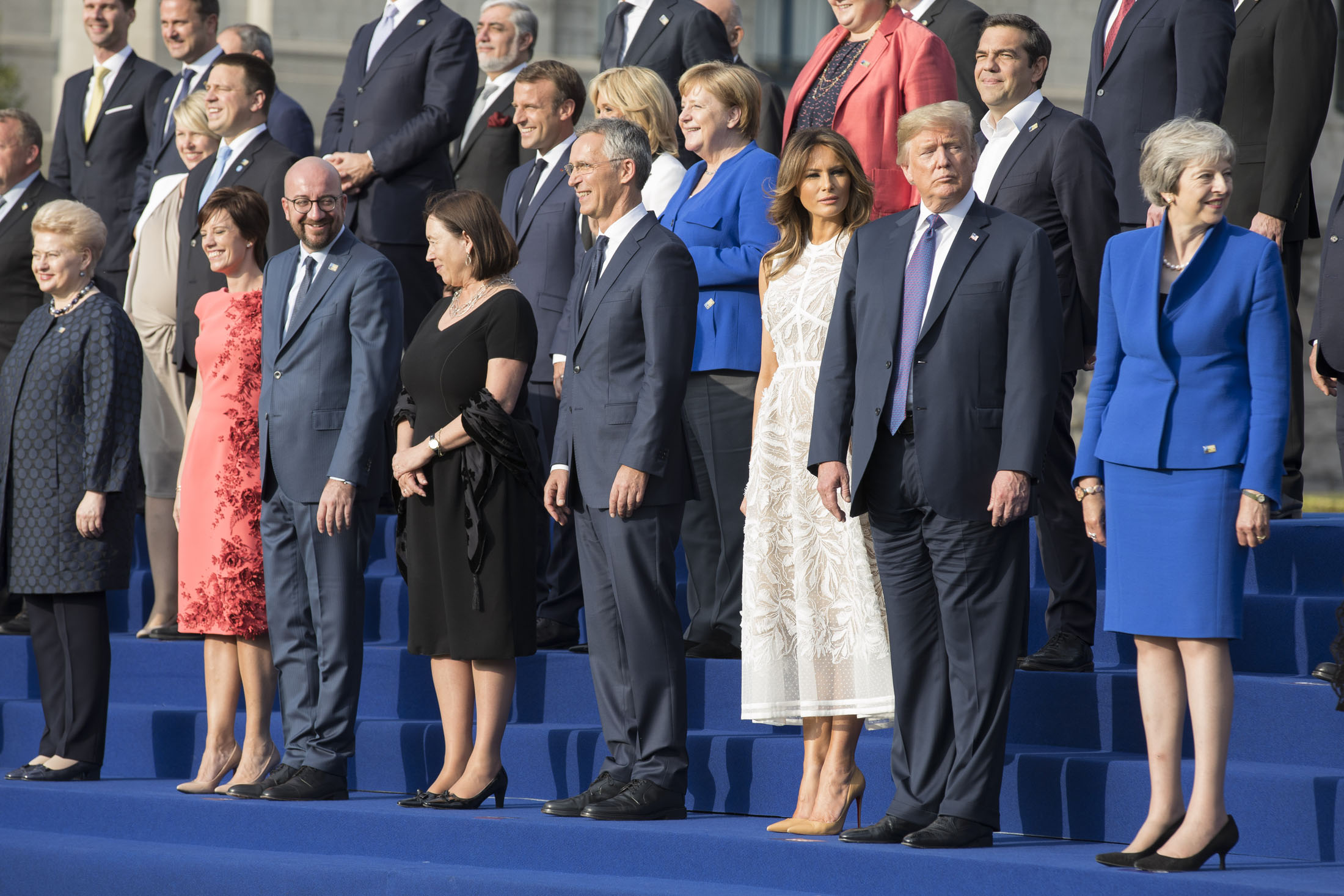
126 countries now publish a national security strategy or defense document, and 45 of these feature
a leaders’ preambles. How these talk about the world, or not, is surprisingly revealing of historical
global strategic hierarchies.

Scotland's independence drive won't disappear anytime soon. In "Scots Wha Hae," (from which the title of this post comes) Robert Burns calls on Scots to remember their victory over the English at...
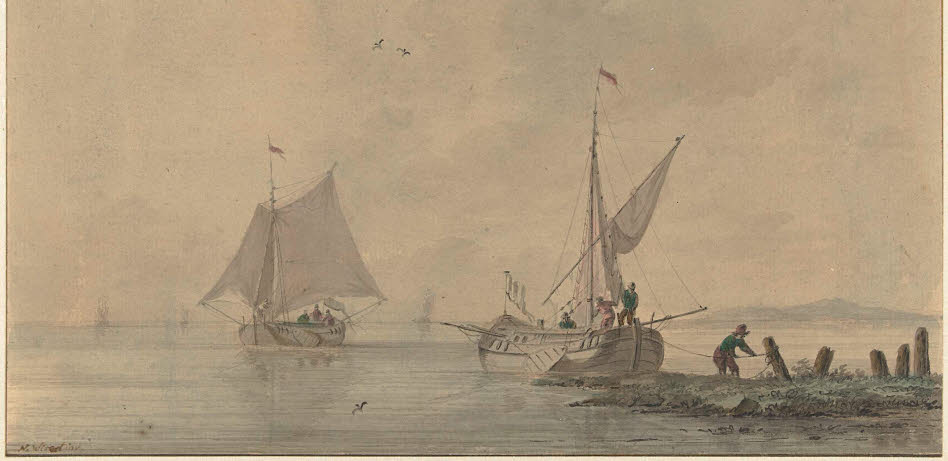
Rather than accept subordination to the Ming and Qing, Southeast Asian states contested Chinese international ordering in the early modern period.
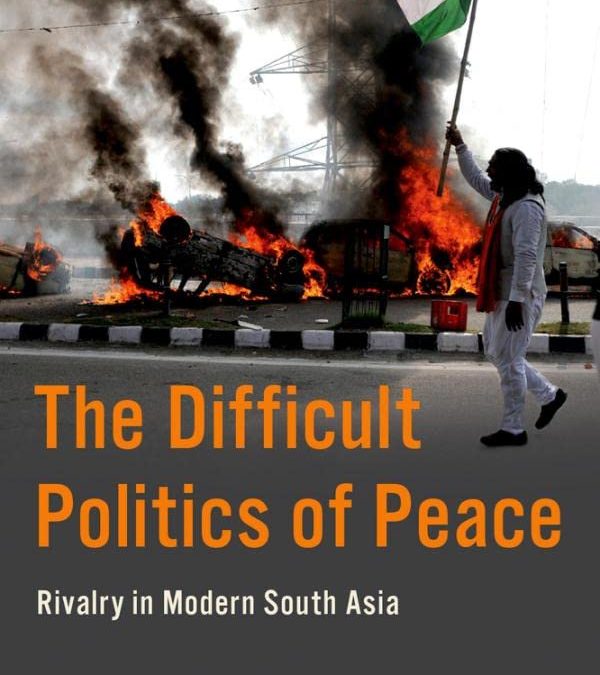
Christopher Clary on his new book, which looks at why international rivalry is a hard habit to break.
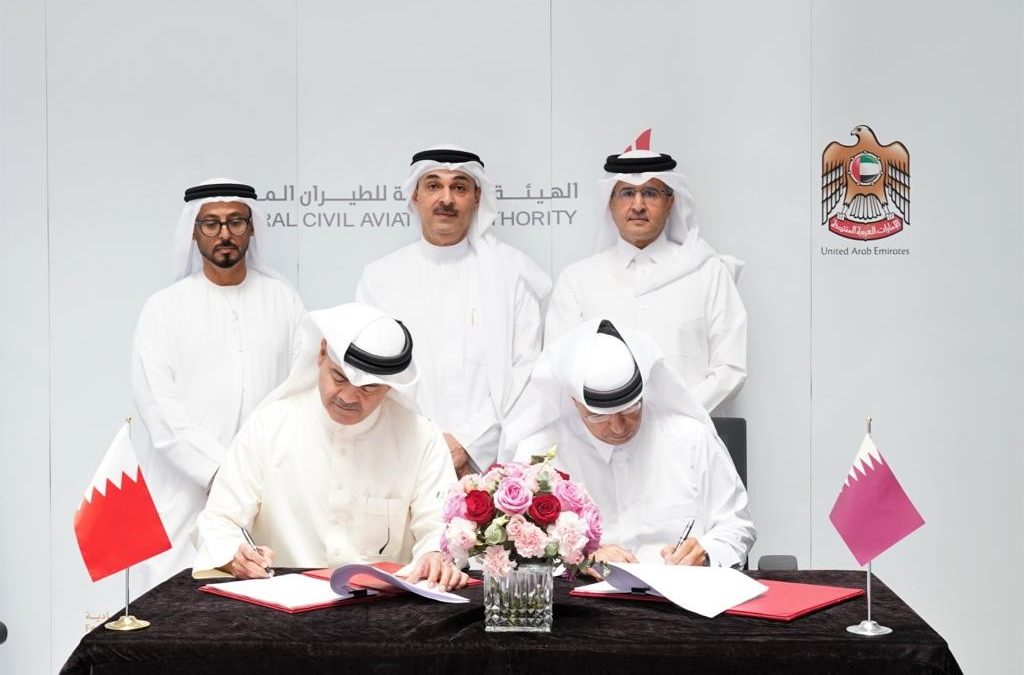
The Qatar crisis threatened to upend Middle East politics. Instead, it fizzled out. That says a lot about international relations, and how to study it. In June 2017, Saudi Arabia and the UAE--along with a few other states--announced a blockade of Qatar. Frustrated with Qatar's tolerance of revolutionary actors during the Arab Spring protests and relative friendliness with Iran, these states cut Qatar off from international travel and commerce. They issued a series of demands, including ending support for groups the Saudis deemed extremist and limiting ties with Iran. [sc name="left_call_out"...

In 2018 and 2019, two Boeing 737 MAX planes crashed, killing 346 people hailing from 36 different countries across the globe. Now, some of the families who lost loved ones are challenging in U.S. federal court the Department of Justice’s (“DOJ”) settlement with Boeing. No matter what the court decides, the families have already raised important questions not only about the Boeing settlement, but also how corporations are held accountable for criminal wrongdoing. The families have brought to headline news the fact that the Boeing settlement – and most corporate criminal prosecutions today –...
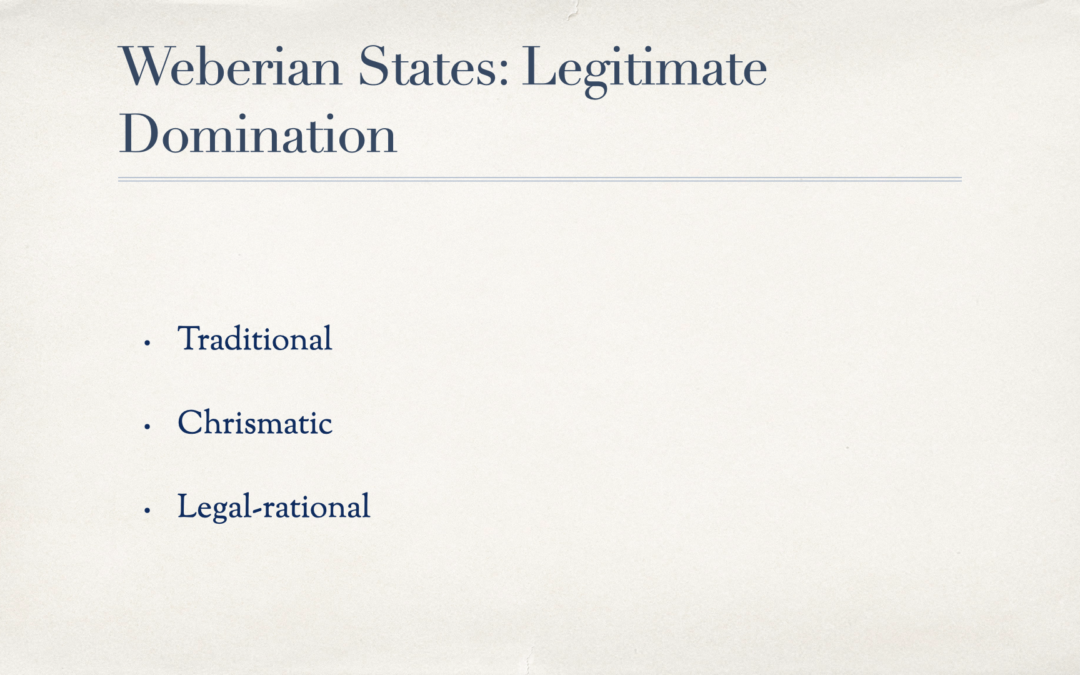
I recently posted a piece at Lawyers, Guns and Money about Jonathan Swan’s two-part series on Trumpworld’s plans for a second term. The gist is that Trump and his inner circle intend to revive his Schedule F executive order. What is Schedule F? Eric Katz explains: In October 2020, just before the presidential election, Trump signed his controversial executive order creating a new class of federal employees excepted from the competitive service. The order sought to remove career federal workers in “confidential, policy-determining, policy-making or policy-advocating”...

Our next Bridging the Gap Book Nook features Tom Long of the University of Warwick. He discusses his new Oxford University Press book, A Small State's Guide to Influence in World Politics. https://www.youtube.com/watch?v=glKAammexM8

On February 24, just hours after Russia launched its assault on Ukraine, German Foreign Minister Annalena Baerbock tweeted a simple message: “Today we are waking up in a different Europe. In a different world.” Three days later, the same could be said for waking up in a different Germany. For 70 years, Germany maintained an explicit and unyielding policy of not shipping weapons to conflict areas. This position was reversed with a single speech by Chancellor Olaf Scholz in the Bundestag. Amongst policy circles in Germany, Scholz’s February 27th speech is dubbed...
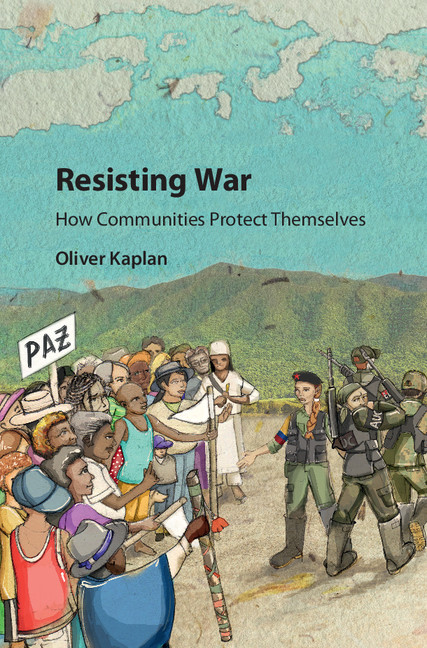
What happens when a research subject becomes a research and briefing partner? In 2017, I was contacted by the peacebuilding NGO Peace Direct to contribute to a policy report on community-based atrocities prevention. I invited a local peacebuilder I knew from Colombia to partner with me in the endeavor. We co-facilitated an online forum and drafted a chapter for the report. We then shared our findings – plus her experiences and my research – with NGOs and policymakers in the U.S. Although I didn’t realize it at the time, once I got involved with the Sié...